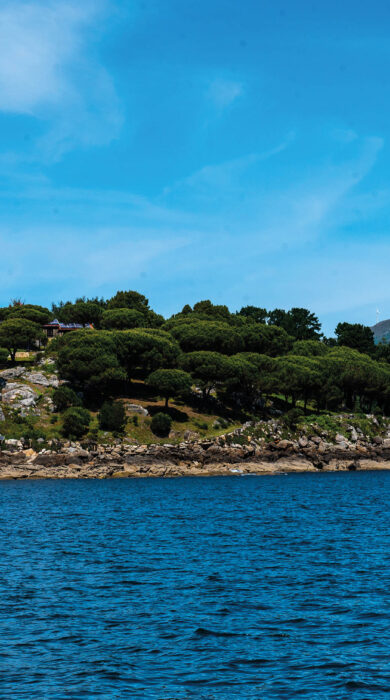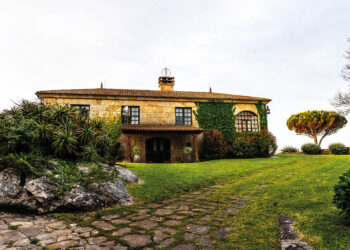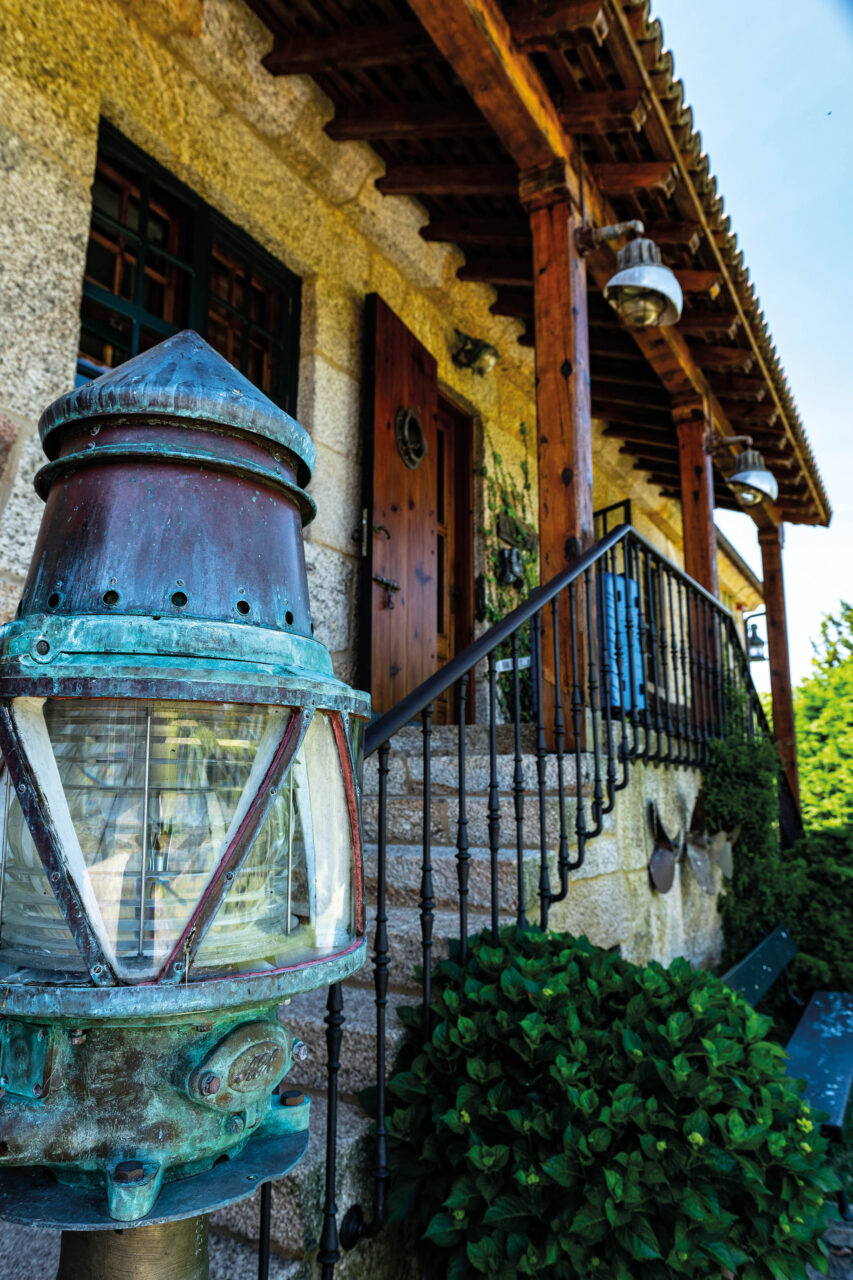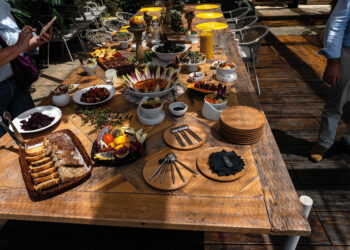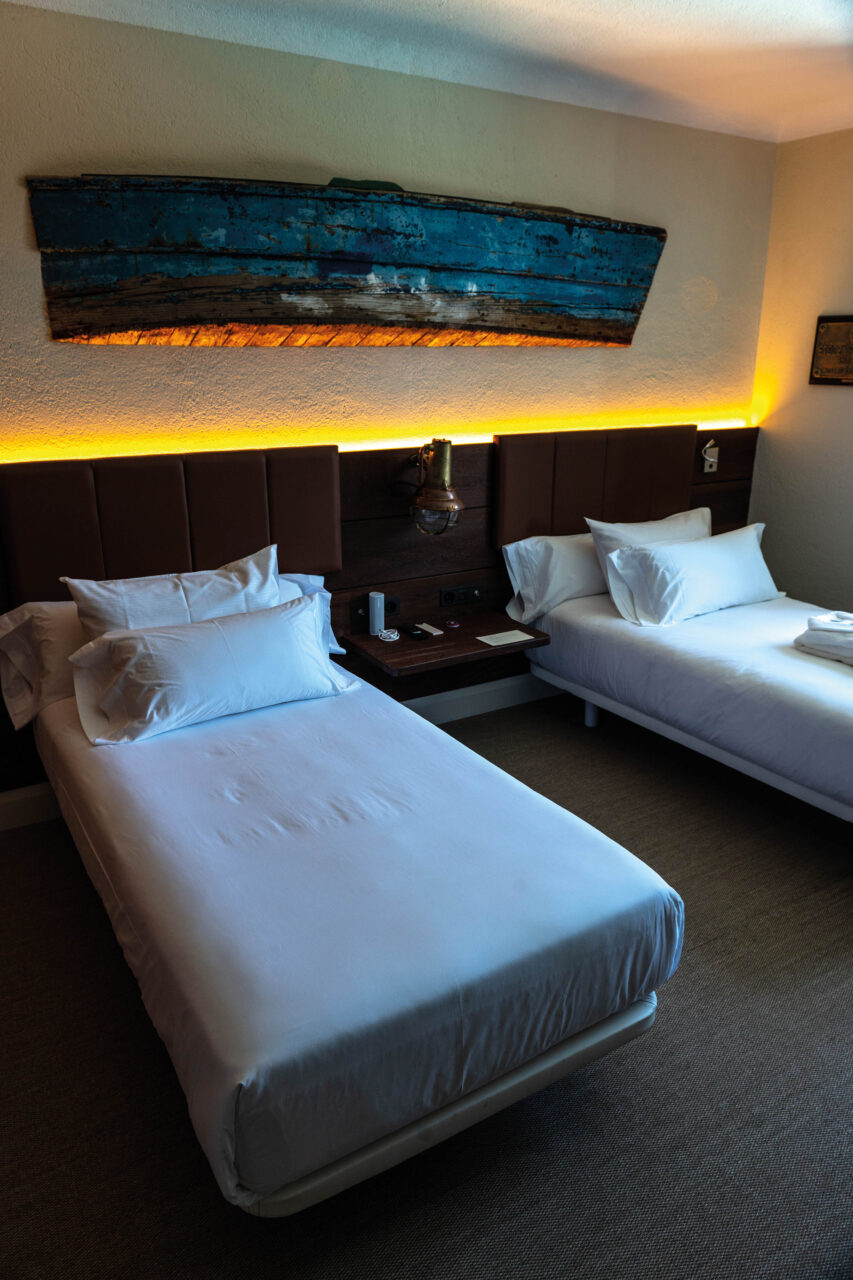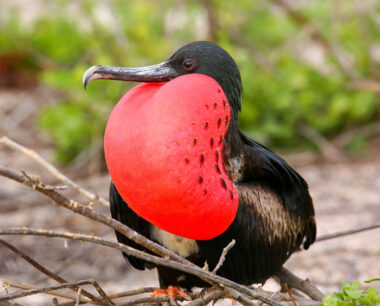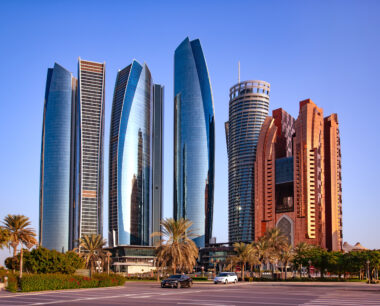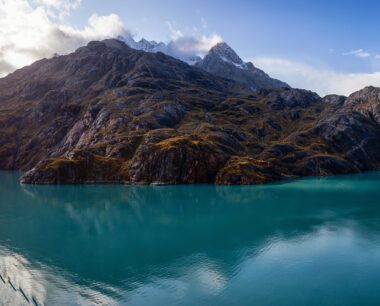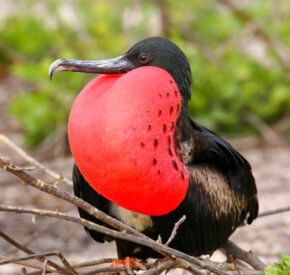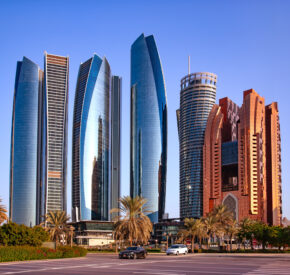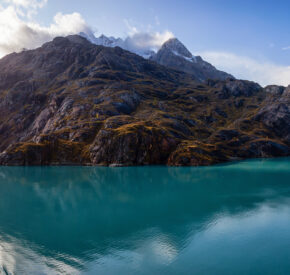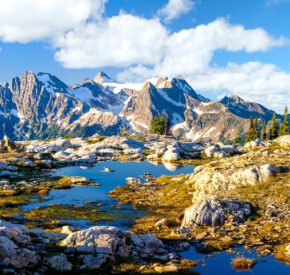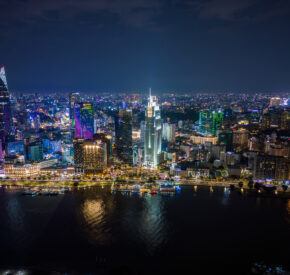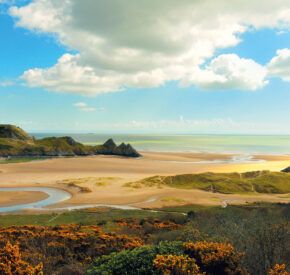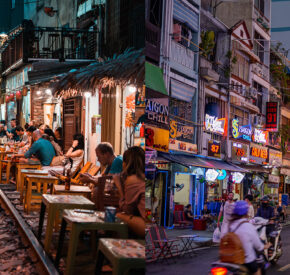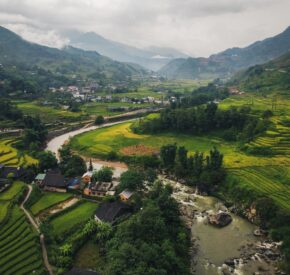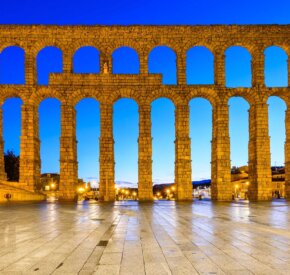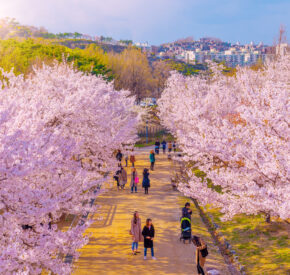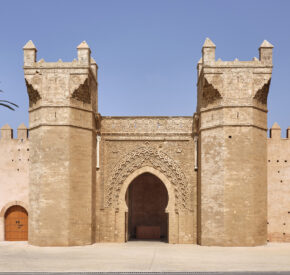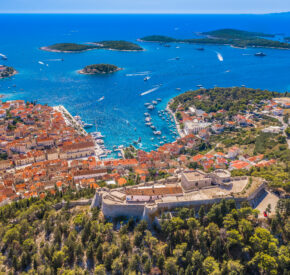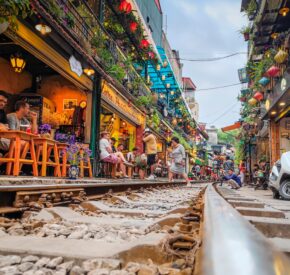Every year, thousands of pilgrims walk the Camino to Santiago de Compostela. But trust me, there’s a quicker route to heaven in Spain: it’s called A Creba. This 6.5-hectare family island is located in Galicia in the far north-west, where the coast is pocked by a landscape of finger-like rías (estuaries) that probe the forested granite hills. Here it sits, within the Ría de Muros e Noia, a 45-minute drive and short boat ride from Santiago.
A Creba was bought in the 1970s by Galician businessman Emilio Penas, who built a granite villa here with far-reaching ocean views; this was re-imagined in 2023 by his grandson as a beautiful stay with five rooms. The entranceway to the covered patio doubles as a sun-trap dining area, leading to large rooms, a lounge with a stone hearth for winter fires, a swimming pool and jacuzzi, and a small massage centre.
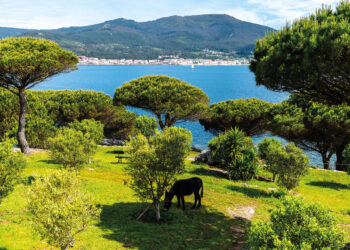
The island’s name roughly translates as ‘washed-up flotsam’, and it reflects the family’s preoccupation with collecting maritime objects: throughout the property are scattered semaphore flags and lighthouse lamps. Above the patio entrance is a whalebone, and at night I found myself sleeping below the dissected hull of a Galician fishing-boat.
But the island is the real lure here. A circular walk took me through Mediterranean pine forest filled with birdsong as sea air coursed through my every breath, while the Atlantic waters provided a satisfying way to cool off later. Nature is even harnessed to provide 100% of the island’s energy, created sustainably through solar, wind turbines, and biomass pellets produced by the owners’ onshore farm.
The same family farm contributes to the island’s zero-kilometre food footprint. Other meats and vegetables are sourced locally, and a burgeoning orchard grows lemons, quince and figs. I loved the owners’ refusal to take shortcuts: one morning, there were no eggs for breakfast because the tide was too low to collect them from an elderly lady on the mainland who has her own free-range hens. Provenance is everything.
This philosophy extends to Galicia’s renowned shellfish, sourced from the ría’s family-owned mussel pontoons, and also wine. If Galicia is famous for its albariño grape, the local Ribeiro is a connoisseur’s secret. Vineyards can be visited via the island’s motor yacht, which is at guests’ disposal, and the wine duly flowed on my final night, ably accompanied by a garden barbecue, a pink sunset and a farewell glug of a Galician punch called queimada, which is made using fire, aguardiente (a local spirit) and an ancient pagan incantation. By this stage, A Creba had me under its spell.
More information: Five suites sleep up to ten people from £7,660pn (two-night minimum); acrebaisland.com



